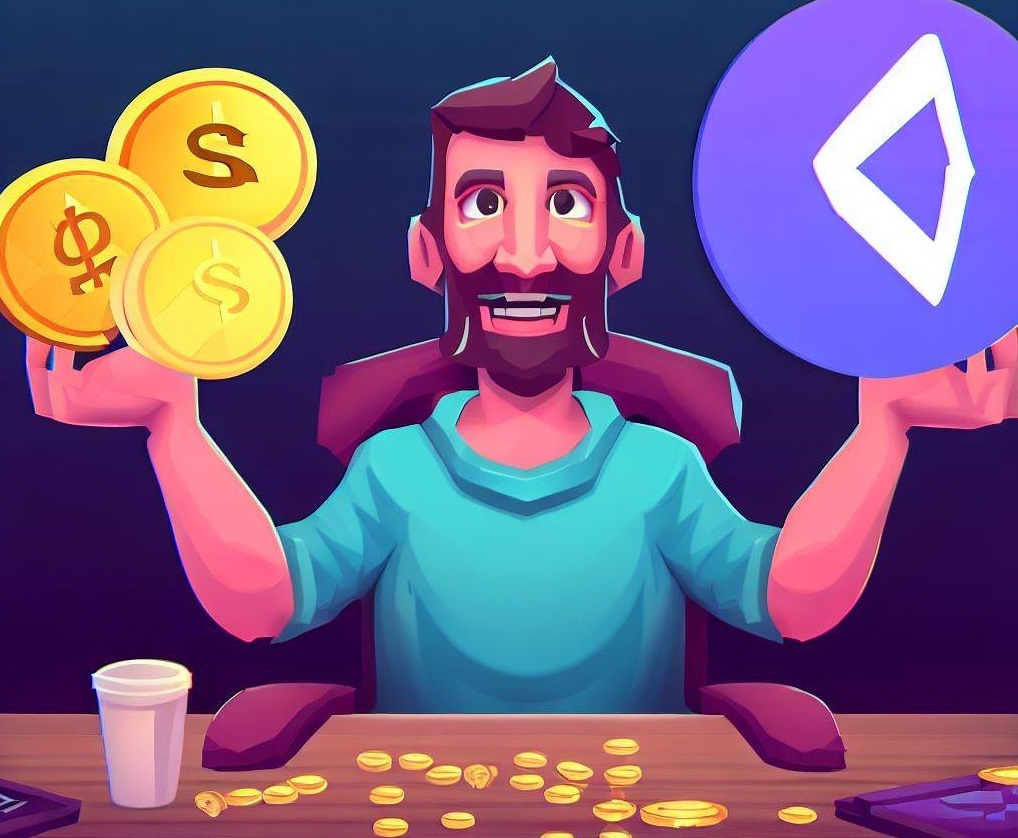Mastering Unity Game Monetization: Unlocking Revenue Streams for Your Games

Developing games is a labor of love, but it’s also essential to consider monetization strategies to sustain your creative endeavors. Unity, a versatile game development engine, offers a range of monetization options that can help generate revenue from your games. In this extended article, we will explore tips and best practices for monetizing Unity games, including in-app purchases, ads, and subscription models. Whether you are an indie developer or part of a studio, this guide aims to equip you with the knowledge and strategies necessary to maximize your game’s revenue potential.
I. Understanding Monetization Models:
Before diving into the specifics of Unity game monetization, it’s crucial to understand the different models available. This section will provide an overview of popular monetization models, their benefits, and considerations.
- In-App Purchases (IAP): Exploring the potential of IAPs for unlocking additional content, cosmetic upgrades, or virtual goods within your game.
- Ads: Understanding the role of ads as a revenue stream, including interstitial ads, rewarded ads, and banner ads, and how to integrate them effectively.
- Subscription Models: Discussing the advantages and challenges of implementing subscription-based monetization, such as offering premium content or services through recurring payments.
II. Implementing In-App Purchases (IAPs):
In-app purchases offer players the opportunity to enhance their gameplay experience or access premium content. This section will delve into best practices for implementing successful IAPs in Unity games.
- Planning Your IAP Strategy: Analyzing your game’s target audience, identifying potential areas for IAP integration, and designing appealing and relevant content for purchase.
- IAP Implementation in Unity: Step-by-step instructions on integrating Unity IAP services, including setting up product catalogs, managing transactions, and handling receipts.
- Balancing In-App Purchases: Ensuring a fair and balanced game economy that allows players to progress without excessive reliance on IAPs while providing enticing options for those who choose to make purchases.
III. Maximizing Ad Revenue:
Ads are a common monetization method, but their integration must be thoughtful to ensure a positive user experience. This section will provide tips for maximizing ad revenue in Unity games.
- Ad Network Integration: Exploring popular ad networks compatible with Unity, such as Google AdMob and Unity Ads, and integrating them seamlessly into your game.
- Ad Placement and Frequency: Identifying optimal ad placements that provide value to both players and advertisers while considering ad frequency to avoid overwhelming users.
- Rewarded Ads: Leveraging rewarded ads to offer players in-game rewards or premium content in exchange for watching ads, creating a mutually beneficial value exchange.
IV. Subscription-Based Monetization:
Subscription models offer a recurring revenue stream and provide ongoing value to dedicated players. This section will outline best practices for implementing subscription-based monetization in Unity games.
- Defining Subscription Tiers: Designing multiple subscription tiers that cater to different player segments and offer varying levels of benefits and exclusivity.
- Continuous Value Delivery: Ensuring that subscription offerings regularly provide new content, features, or updates to incentivize ongoing subscriptions and retain subscribers.
- Retaining Subscribers: Implementing features to increase subscriber retention, such as exclusive content, early access, community engagement, and ongoing communication.
Conclusion:
Monetizing Unity games is a critical aspect of sustaining your game development journey. By implementing effective monetization strategies, such as in-app purchases, ads, and subscription models, you can generate revenue while providing value to players. This extended article has provided tips, best practices, and considerations for successful Unity game monetization. Remember to prioritize player experience, strike a balance between monetization








